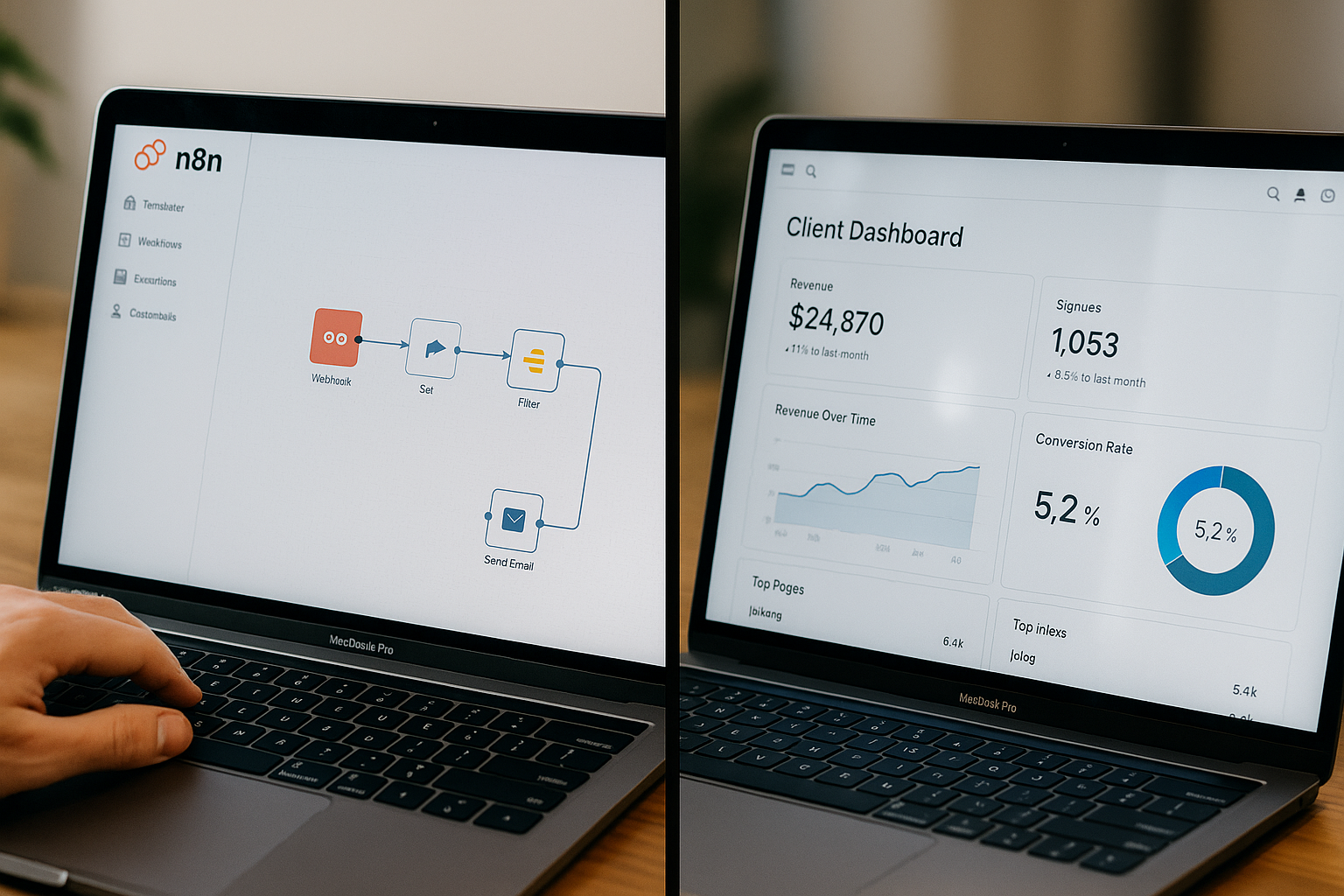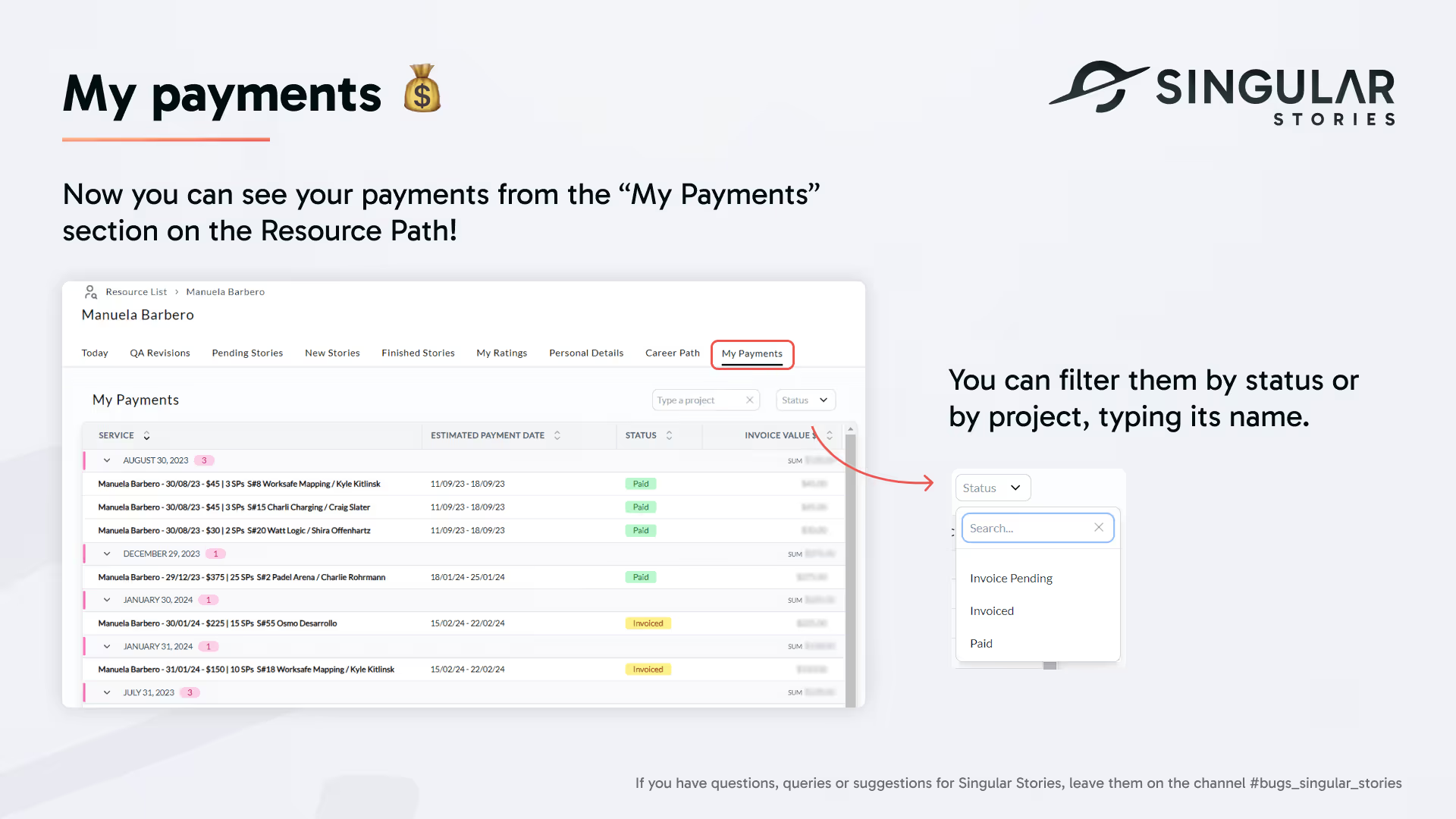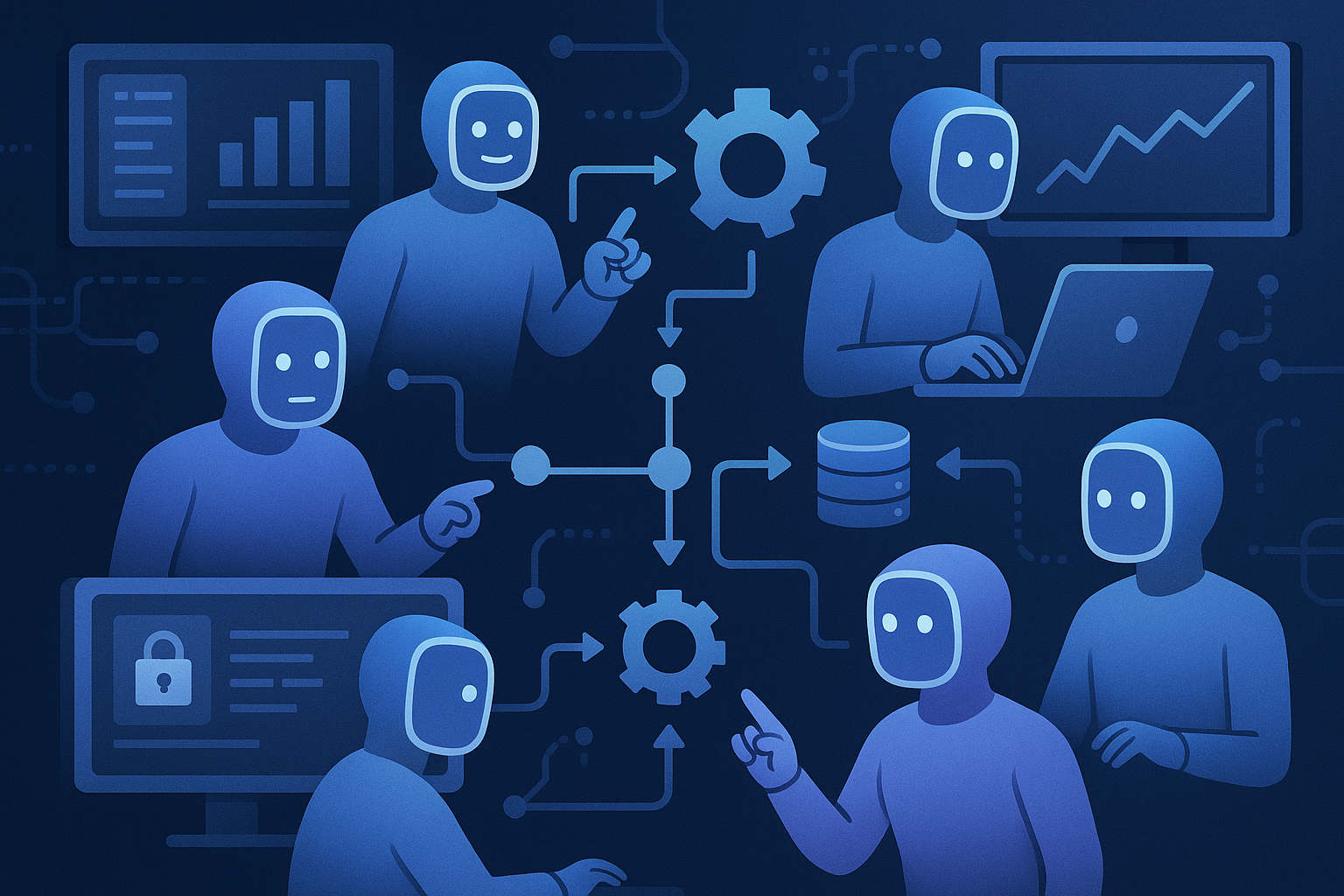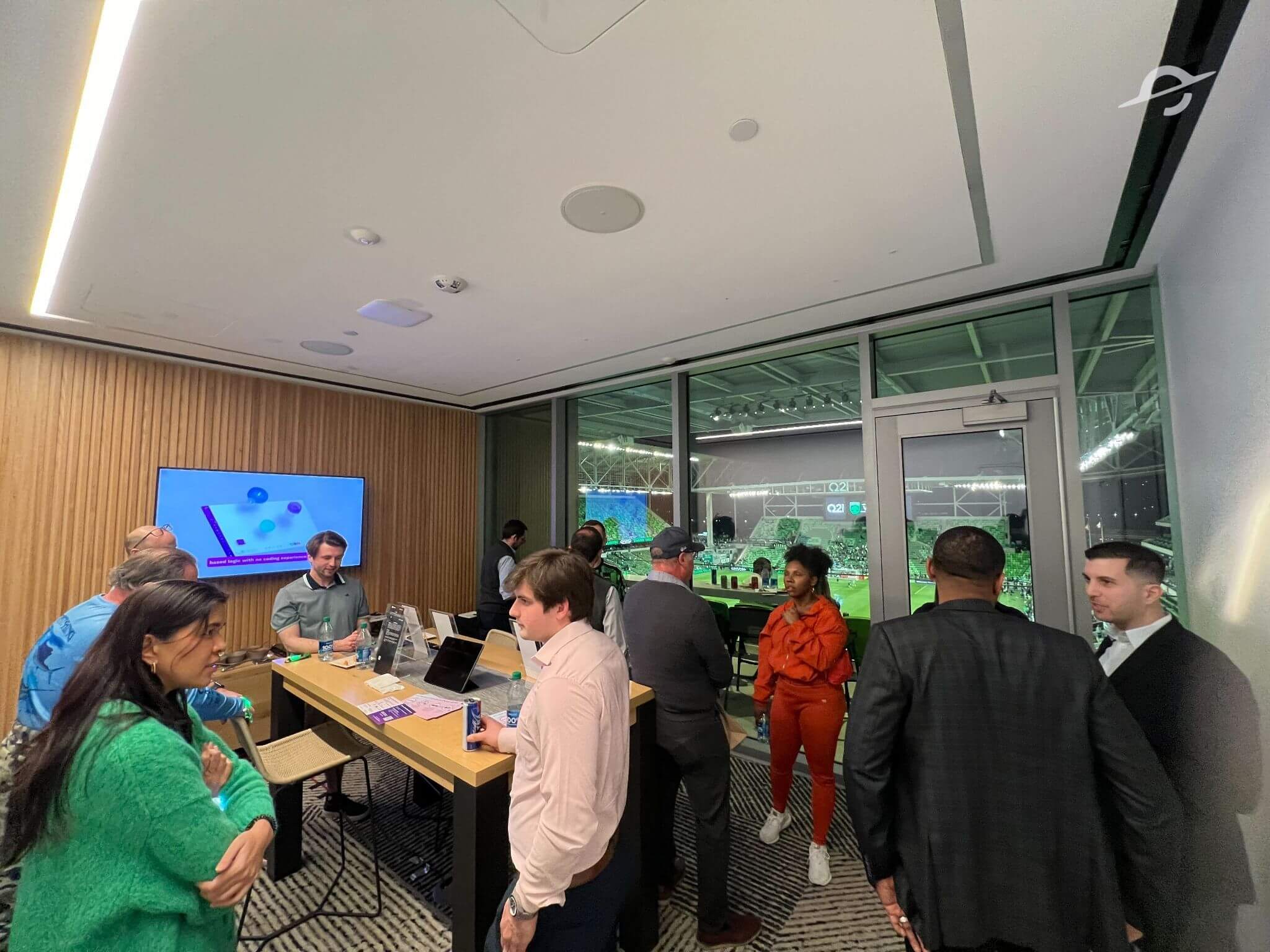AI‑Driven Workflows: The 2026 Competitive Edge for U.S. SMBs

As 2026 approaches, U.S. SMB founders are shifting from reactive operations to proactive automation. Singular Innovation is leading this shift—powering Startup AI USA ecosystems and rolling out No‑Code AI workflow strategies that reshape how small businesses operate. In hubs like Miami, Austin, and San Diego, SMBs are adopting intelligent automation to cut costs, reclaim time, and stay competitive.
In this article, you’ll get a clear playbook for building AI‑driven workflows in your business—without needing a dev team—and how to turn your operations into a strategic advantage for 2026.

Why AI Workflows Are Non‑Negotiable in 2026
The Evidence Is Clear
Low-code and no-code platforms are projected to power 75% of new applications by 2026, as organizations demand speed and flexibility.
In parallel, SMBs investing in smart tech see measurable growth. A Forbes article discusses how AI is fueling small business growth:
“AI‑powered technology is fueling small business growth by improving efficiency, enabling hybrid work, and personalizing experiences.” Forbes
What this means: AI workflows are no longer optional—they are essential to compete.
From Tactical Tools to Strategic Systems
In 2026, workflows built with AI are more than simple automations—they encode business logic, strategy, and continuous intelligence. They orchestrate onboarding, upsells, support, retention, and decisioning in near real-time.
Core Components of a 2026 AI Workflow
Your AI workflow is composed of four interconnected layers:
- Data Backbone – Tools like Airtable, Baserow, or other no-code DBs
- Automation & Orchestration – Engines such as n8n or advanced automation tools
- AI / Intelligence Modules – Connectors to OpenAI, custom models, prediction systems
- Integration & UX Layer – Connectors to CRM, email, Slack, dashboards, front-end apps
When assembled properly, these systems operate as autonomous business logic engines that grow with your company.
Smarter Use Cases with Real Results
Case: Marketing Agency in Miami
This agency was overwhelmed by manual lead sorting and delayed follow-up. By late 2025, they designed an AI workflow:
- Airtable captures incoming leads
- An n8n workflow triggers a smart assessment path
- AI crafts a personalized reply
- Follow-up sequences scheduled automatically
Projected 2026 Outcomes:
- Response time slashed by 85%
- Lead-to-opportunity conversion rate doubled
- 15 hours/week freed for strategy and creative work
Case: E‑Commerce Business in Phoenix
Their processes were constrained—manual order tracking, support replies, and inventory management. Their 2026 AI workflow:
- Orders flow into a no-code database
- Automation triggers stock checks & reorder commands
- AI drafts support messages & updates customers
- Notifications sent to team apps
Results:
- Inventory errors reduced by 70%
- Support response times cut by 75%
- Team freed to focus on growth initiatives
These are transformations that Singular Innovation regularly designs and executes for U.S. SMBs seeking to scale.
How to Build Your 2026 AI Workflow

Step 1: Select High-Leverage Processes
Choose 1–2 mission-critical flows (e.g. lead automation, onboarding, retention).
Step 2: Map Inputs, Logic & Outcomes
Use a visual flow map to define triggers, decisions, actions, and fallbacks.
Step 3: Assemble Your Stack
Pick a no-code DB (e.g. Airtable), automation engine (e.g. n8n), AI layer, and connectors.
Step 4: Pilot & Refine
Test with a small batch of data. Observe behavior and adjust logic or thresholds.
Step 5: Scale Gradually
Add modules such as upsell, retention flows, cross-channel sync.
Step 6: Measure & Optimize
Track metrics like speed, conversion, accuracy, time saved, ROI.
Whenever you're uncertain, Schedule a free strategy call with Singular Innovation to fast-track your architecture and deployment.

Common Challenges & Workarounds
- Dirty or inconsistent data?
Start with cleanup scripts and validation rules in your data tool. - Over-automation too soon?
Begin simple; add complexity once fundamentals are stable. - Platform limitations?
Use modular logic so you can swap in upgraded tools later. - Team resistance?
Run pilots, showcase early wins, and build trust gradually. - AI errors or misfires?
Add fallback logic and human-in-the-loop gates in early versions.
FAQs
1. Do I need coding skills?
No. You can build full workflows using visual builders and logic flows in no-code tools.
2. Are AI workflows safe for SMBs?
Yes, when designed with roles, logging, validation, fallback layers.
3. What sectors benefit most?
Any operations-heavy SMB—consulting, e-commerce, agencies, services—can benefit.
4. How fast can I launch a workflow in 2026?
You can launch a minimal viable workflow in 1–3 weeks.
5. What ROI can I expect?
Expect 2× to 5× improvements in throughput and 50–80% time savings in repetitive tasks.
6. What if AI makes a mistake?
Design with human checks/fallback paths for early versions. You can scale to more autonomy later.
Closing: Your Edge in 2026
By 2026, the winning SMBs in the U.S. won’t be those with the largest teams, but those with the smartest systems. You already have the ideas and ambition—now it’s time to automate intelligently. With Singular Innovation by your side, you can build workflows that run like growth engines. Act today, automate tomorrow.
Ready to design your AI workflow? Schedule a strategy call with Singular Innovation and let’s forge your competitive edge for 2026.
Heading
Dolor enim eu tortor urna sed duis nulla. Aliquam vestibulum, nulla odio nisl vitae. In aliquet pellentesque aenean hac vestibulum turpis mi bibendum diam. Tempor integer aliquam in vitae malesuada fringilla.
Mi tincidunt elit, id quisque ligula ac diam, amet. Vel etiam suspendisse morbi eleifend faucibus eget vestibulum felis. Dictum quis montes, sit sit. Tellus aliquam enim urna, etiam. Mauris posuere vulputate arcu amet, vitae nisi, tellus tincidunt. At feugiat sapien varius id.
Heading 3
Eget quis mi enim, leo lacinia pharetra, semper. Eget in volutpat mollis at volutpat lectus velit, sed auctor. Porttitor fames arcu quis fusce augue enim. Quis at habitant diam at. Suscipit tristique risus, at donec. In turpis vel et quam imperdiet. Ipsum molestie aliquet sodales id est ac volutpat.
Tristique odio senectus nam posuere ornare leo metus, ultricies. Blandit duis ultricies vulputate morbi feugiat cras placerat elit. Aliquam tellus lorem sed ac. Montes, sed mattis pellentesque suscipit accumsan. Cursus viverra aenean magna risus elementum faucibus molestie pellentesque. Arcu ultricies sed mauris vestibulum.
Heading 4
Morbi sed imperdiet in ipsum, adipiscing elit dui lectus. Tellus id scelerisque est ultricies ultricies. Duis est sit sed leo nisl, blandit elit sagittis. Quisque tristique consequat quam sed. Nisl at scelerisque amet nulla purus habitasse.

Heading 5
Morbi sed imperdiet in ipsum, adipiscing elit dui lectus. Tellus id scelerisque est ultricies ultricies. Duis est sit sed leo nisl, blandit elit sagittis. Quisque tristique consequat quam sed. Nisl at scelerisque amet nulla purus habitasse.
"Ipsum sit mattis nulla quam nulla. Gravida id gravida ac enim mauris id. Non pellentesque congue eget consectetur turpis. Sapien, dictum molestie sem tempor. Diam elit, orci, tincidunt aenean tempus."
Heading 6
Nunc sed faucibus bibendum feugiat sed interdum. Ipsum egestas condimentum mi massa. In tincidunt pharetra consectetur sed duis facilisis metus. Etiam egestas in nec sed et. Quis lobortis at sit dictum eget nibh tortor commodo cursus.
What is Singular Innovation
Lorem ipsum dolor sit amet, consectetur adipiscing elit. Suspendisse varius enim in eros elementum tristique.






